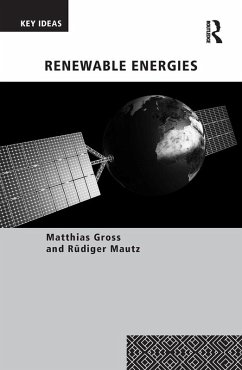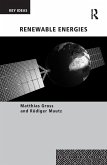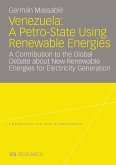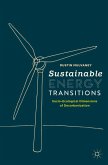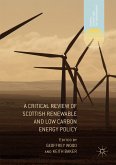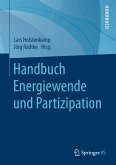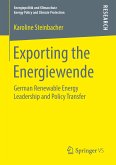This concise book focuses on the importance of the global aspects of alternative energy consumption. Focusing on theories of energy use and possible energy transition,
Renewable Energies delivers an accessible overview on the relationships between different types of energy production and their practical usages in modern societies. It evaluates different types of energy production, not independently from each other, but as culturally and socially dependent on one another. The book also reflects on challenges for social science analysis in a politically steered realm of research.
Dieser Download kann aus rechtlichen Gründen nur mit Rechnungsadresse in A, B, BG, CY, CZ, D, DK, EW, E, FIN, F, GR, HR, H, IRL, I, LT, L, LR, M, NL, PL, P, R, S, SLO, SK ausgeliefert werden.

